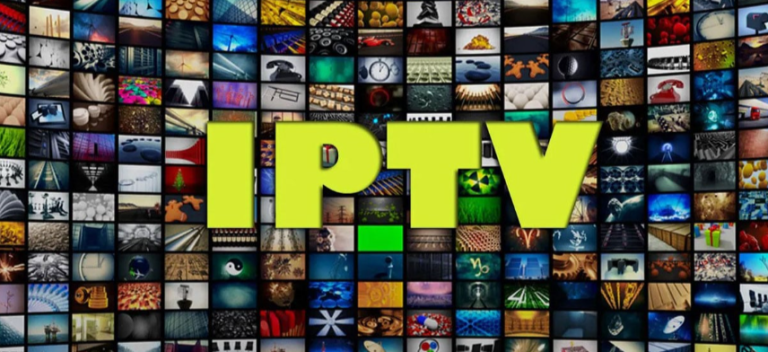
Here are 20 tips for researching the credentials and training of Holistic health NYC, along with their pros and cons:
- Verify Reiki Certifications
- What to Do: Ask for their Reiki training certifications, including levels (Level 1, Level 2, Master).
- Pros: Confirms formal training in recognized Reiki practices.
- Cons: Some certifications are quick and may not reflect deep expertise.
- Research Training Lineage
- What to Do: Investigate the lineage of their training and their teacher’s background.
- Pros: A strong lineage often indicates adherence to traditional practices.
- Cons: Verifying lineage can be challenging.
- Look for Accreditation
- What to Do: Check if they are accredited by organizations like the International Association of Reiki Professionals (IARP).
- Pros: Membership suggests adherence to ethical standards.
- Cons: Accreditation does not always equate to skill.
- Confirm Educational Background
- What to Do: Ask if they have formal education in holistic health, psychology, or spiritual studies.
- Pros: Additional academic knowledge can complement their healing skills.
- Cons: Academic credentials don’t always reflect hands-on expertise.
- Ask About Specific Modalities
- What to Do: Check if they’re trained in related fields like chakra balancing, sound therapy, or meditation.
- Pros: Diversified training shows a well-rounded skill set.
- Cons: Jack-of-all-trades practitioners may lack depth in one area.
- Review Continuing Education
- What to Do: Ask if they participate in ongoing training or workshops.
- Pros: Shows commitment to staying updated and refining skills.
- Cons: Frequent training may not equate to practical application.
- Check for Licenses or Legal Compliance
- What to Do: Research if they meet any state or local requirements for practice in NYC.
- Pros: Ensures they follow legal and ethical guidelines.
- Cons: Regulations for energy healing may be minimal or unclear.
- Examine Workshop or Retreat Leadership
- What to Do: Find out if they lead workshops or retreats.
- Pros: Leadership roles often indicate experience and respect in the community.
- Cons: Public speaking or event skills don’t always reflect healing abilities.
- Verify Hands-On Training
- What to Do: Confirm they’ve completed in-person training rather than solely online courses.
- Pros: In-person practice builds stronger skills.
- Cons: Not all remote training is inferior; some can be comprehensive.
- Ask About Mentorship
- What to Do: Inquire if they have been mentored by experienced practitioners.
- Pros: Mentorship fosters deeper learning and practical guidance.
- Cons: Mentorship quality varies widely.
- Investigate Their Specializations
- What to Do: Look for focus areas, such as trauma healing or stress relief.
- Pros: Specialized training often leads to more effective results.
- Cons: Narrow specialization may not address all your needs.
- Search for Professional Association Memberships
- What to Do: Verify if they belong to organizations like the Holistic Chamber of Commerce.
- Pros: Membership often requires meeting certain standards.
- Cons: Some organizations have minimal entry criteria.
- Review Published Work
- What to Do: Look for books, articles, or blogs they’ve authored on Reiki or energy healing.
- Pros: Published work demonstrates expertise and thought leadership.
- Cons: Writing skills may not reflect hands-on abilities.
- Check for Teaching Experience
- What to Do: Ask if they teach Reiki or energy healing courses.
- Pros: Teaching indicates mastery and a willingness to share knowledge.
- Cons: Not all teachers are great practitioners.
- Verify Ethics Training
- What to Do: Ask if they’ve studied ethical practices in energy healing.
- Pros: Ensures they respect client boundaries and confidentiality.
- Cons: Ethical training may not guarantee application in practice.
- Evaluate Their Holistic Integration
- What to Do: Check if they integrate Reiki with other modalities like nutrition or yoga.
- Pros: A holistic approach can enhance the healing experience.
- Cons: Multiple modalities may dilute focus on Reiki.
- Request Testimonials Specific to Training
- What to Do: Ask for client feedback about their skills and training.
- Pros: Direct client insights offer valuable validation.
- Cons: Testimonials may not cover technical training details.
- Look for Certifications Beyond Reiki
- What to Do: Check if they’re certified in spiritual counseling, mindfulness, or energy work.
- Pros: Additional certifications suggest a deeper understanding of healing practices.
- Cons: Too many certifications might reflect scattered focus.
- Observe Transparency About Credentials
- What to Do: Ensure they openly share their qualifications and training.
- Pros: Transparency builds trust and credibility.
- Cons: Lack of transparency could indicate issues, but it’s not always intentional.
- Research Their Teacher’s Reputation
- What to Do: Investigate the reputation of the person or institution where they trained.
- Pros: A well-regarded teacher reflects positively on their training.
- Cons: Even reputable teachers can have students of varying quality.
Pros of Researching Credentials and Training
- Validates their expertise and knowledge.
- Ensures adherence to ethical and professional standards.
- Provides insight into their commitment to growth and development.
- Helps identify practitioners with skills relevant to your needs.
Cons of Researching Credentials and Training
- Some skilled practitioners may lack formal credentials but excel intuitively.
- Overemphasis on credentials might overshadow personal connection and results.
- Verifying training and lineage can be time-consuming.
- Formal training doesn’t always guarantee practical effectiveness.
By balancing thorough research with intuition and personal interaction, you can find a practitioner whose Spiritual Healing NYC credentials and training align with your goals and expectations.




